The Square Root of Something is Nothing
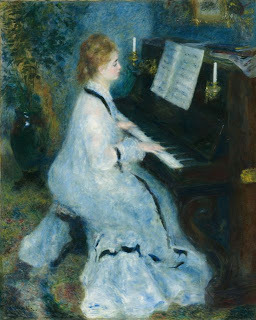 Society women of the 19th century wanted to be known for their talents in the arts, not for their smarts. Most didn't go to school, but were taught the basics of reading, 'riting, and 'rithmatic by their governess or perhaps a hired tutor. As women, it was more important they were adept at playing piano, singing, doing embroidery, or painting. Adept, but not too good at it. To excel, or heaven forbid, to try to earn money with one's talent, was forbidden.
Society women of the 19th century wanted to be known for their talents in the arts, not for their smarts. Most didn't go to school, but were taught the basics of reading, 'riting, and 'rithmatic by their governess or perhaps a hired tutor. As women, it was more important they were adept at playing piano, singing, doing embroidery, or painting. Adept, but not too good at it. To excel, or heaven forbid, to try to earn money with one's talent, was forbidden.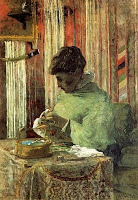 Fine. I can accept that. Until I start to put myself in their shoes. I've always been good at math. How would I have fared back then? Would I have been allowed to use my math-gift? I think of Scarlett O'Hara in Gone with the Wind. She was able to add a column of numbers in her head—which came in handy when she took over her husband's general store and started a lumber mill. But she was the exception. And face it, she wasn't real.
Fine. I can accept that. Until I start to put myself in their shoes. I've always been good at math. How would I have fared back then? Would I have been allowed to use my math-gift? I think of Scarlett O'Hara in Gone with the Wind. She was able to add a column of numbers in her head—which came in handy when she took over her husband's general store and started a lumber mill. But she was the exception. And face it, she wasn't real. Being good at math . . . would I have even known I was good at it? I think that's the saddest part about women of history. What gifts were left undiscovered? How many female mathematicians, scientists, or engineers went through their lives having no inkling of their natural strengths?
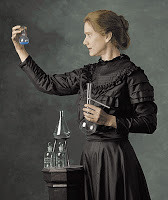 Marie Curie observing uranium
Marie Curie observing uraniumOf course there are the exceptions: Madame Curie (physicist & chemist who studied radioactivity, and won two Nobel prizes), Elizabeth Blackwell (first female doctor in the USA), Emily Roebling (engineer on the Brooklyn Bridge). But what about the women of the middle class, or even women from the poorest classes? Those who had to work for a living might have had a chance to utilize their practical gifts, but they probably didn't have the chance to know if they were good at those talents so cherished by the upper classes: singing, playing piano, embroidering, or painting. So who had it best in this regard?
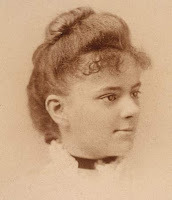 Elizabeth Blackwell
Elizabeth BlackwellI haven't a clue.
The theme of all my novels is constant: we each have a unique purpose—the trick is to find out what it is. Because this desire-to-know is so ingrained in me, I feel extra pain in knowing so many women through the ages have not fulfilled their potential.
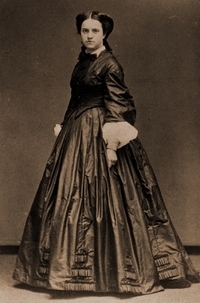 Emily Roebling
Emily RoeblingAnd yet who of us have? What we can learn from these women who were subjected to stifling rules, is that we—who have no such rules--have no excuse for not making a concerted effort to discover all our gifts and talents, and to use them to make some kind of difference in the world.
So stop right now. Make a list of what you know you're good at, what you think you might be good at, and what would be your dream "gift". Take an accounting of all that you are—and can be. Then use your gifts to the fullest.
Do it for all the women who've gone before.//Nancy
Published on December 09, 2010 06:00
No comments have been added yet.



